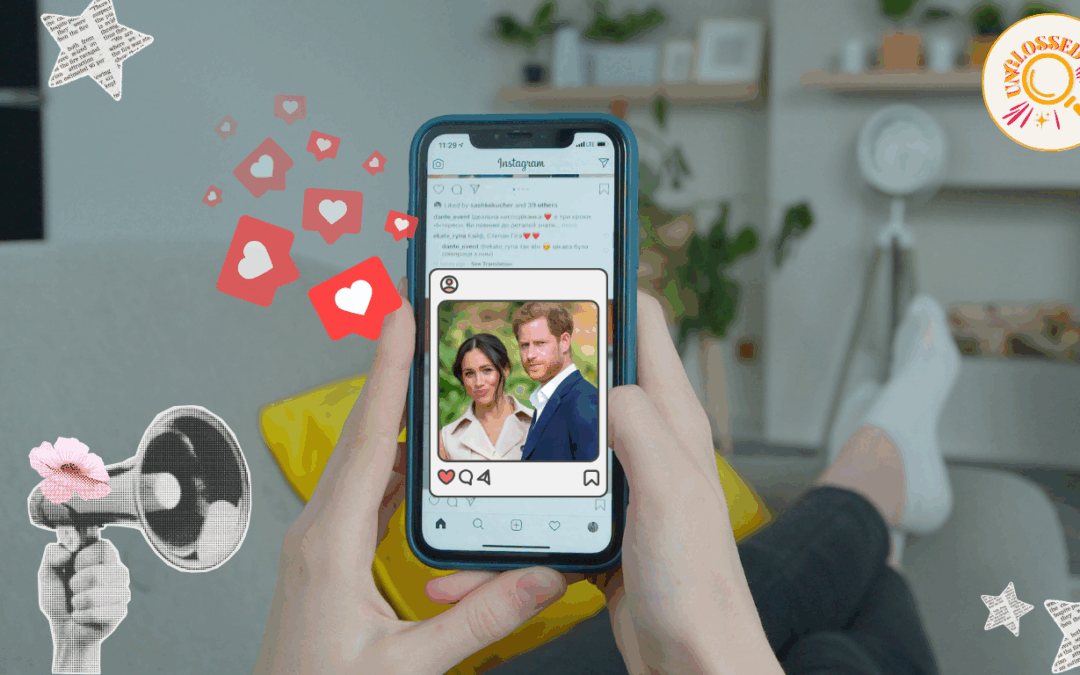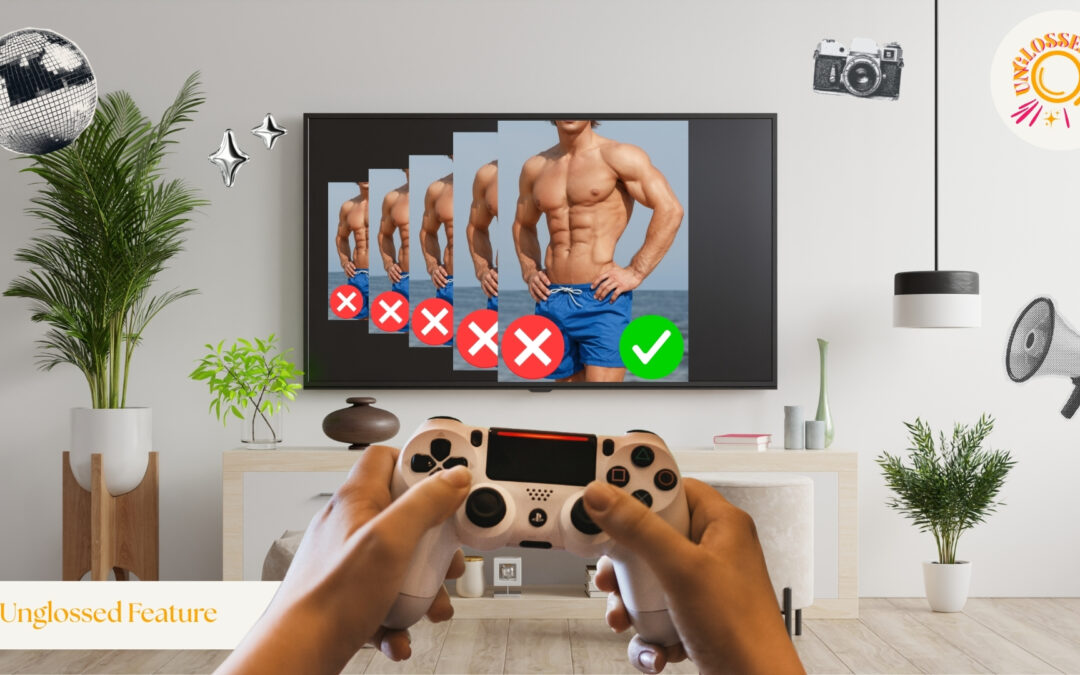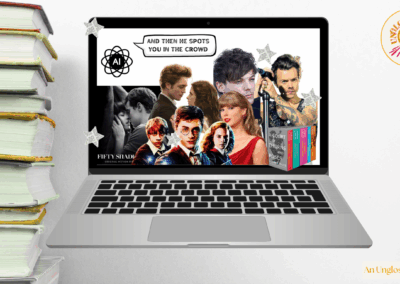Tshirts, dolls, posters, concerts, fan accounts, fan edits. All things core to being a superfan, but one by one, as I started to grow, these things began to drop off, and now I don’t have any of them. Except for the tshirts, I still love my tshirts.
Fangirling is something I took very seriously within my teenage years, but for the purpose of this article, I’m not going to refer to it as fangirling, but rather a relationship. My relationship with Little Mix (and other bands, but I’ll stay specific) was one of the most important ones I held as a teen. I watched them win The X Factor in 2011, and something within me said ‘Yep, I’m going to obsess over them for the next 8 years.’
It was gradual, it grew from listening to their albums, to watching their interviews, to reading their books, and before you know it, I was making Little Mix edits and collages on my IPod Touch. They were no longer just a band to me, they were a group of girls that raised me through my teenage years, that I happily let take up all my spare time, and money.
Ammanda Major, the Clinical Quality Director for Relate said: “I think in the old days, we might have described this as having a crush on the group or the band member or whoever.”
Although not your typical understanding of a crush, I was certainly in love, parasocially admiring a group of girls that I wanted to be.
Ammanda reassured that these feelings and bonds we build are completely normal: “I think that’s a very normal part of growing up. It’s experimenting a little bit with feelings of connection, with feelings of wanting to know everything about them, falling in love with them a little bit, admiring them, trying to emulate them, trying to have a little bit of their world.
“A lot of these groups, what they’re often promoting is glamour, so it takes the majority of people out, you know, who perhaps are not living glamorous lives. It’s a sort of glimpse of something that looks wonderful.”
As I grew older, I felt myself distancing myself from them, from what I had loved so intently for so many years. I’m still not entirely sure of the reasons why. Part was potentially embarrassment, because I didn’t believe that I was allowed to have such an intense relationship with a girl band past the age of 16, part of me didn’t feel as connected with their music, and part of me felt like I had gained the confidence they were able to give me throughout the years. I felt guilty and like a fake fan, but I couldn’t fight the distant feeling.
Ammanda said: “There’s no need to feel any shame or embarrassment about it because, at that time in your life, they were important. They’re an important part of you.
“But you perhaps realise that actually you’re interested in other things. That might be relationships with real people. Generally, it might be that part of our growing up a band for loving a band is because actually something has come into our lives much nearer, which is real and possible. And so, you’re feeling a morph into something which is more relevant to you now, because there’s that person right there for you to have a relationship with.
“I mean, another way of looking at this is to say that, it really made you feel connected to things. But now you don’t need to feel connected to that. It was a good friend to you at the time. But now you don’t need it. And that’s absolutely normal.”
Sometimes I forget how important the relationship truly was to me, until I hear one of their least streamed songs being played and somehow I am singing a 4 part harmony with adlibs, and can tell you my favourite performance of it.
I would be lying if I said I never fangirl over them, or anyone anymore. I have my fangirl moments and when I see a video of them doing well, or hear a song on the radio, I feel both a sense of nostalgia and pride.
Ammanda said: “It’s not unusual in therapy to have people in their 60s and 70s talking about a song that meant a lot to them when they were in their teens and 20s. when they hear it, when it comes on the radio, it still takes them right back to that time. And that can be very comforting and you will always have the knowledge of how happy they made you when you were 13 or 14 or 15.”
I will always have a little hole in my heart, from where I spent my formative years enjoying and idolising a band so much, but I don’t feel I have that connection anymore. It’s bittersweet, I know I grew out of love with them for a reason, but I will always have a part of me that will drop anything to go see them live, and go buy another tour t-shirt.
You can find more services and information from Ammanda and Relate at https://www.relate.org.uk/











